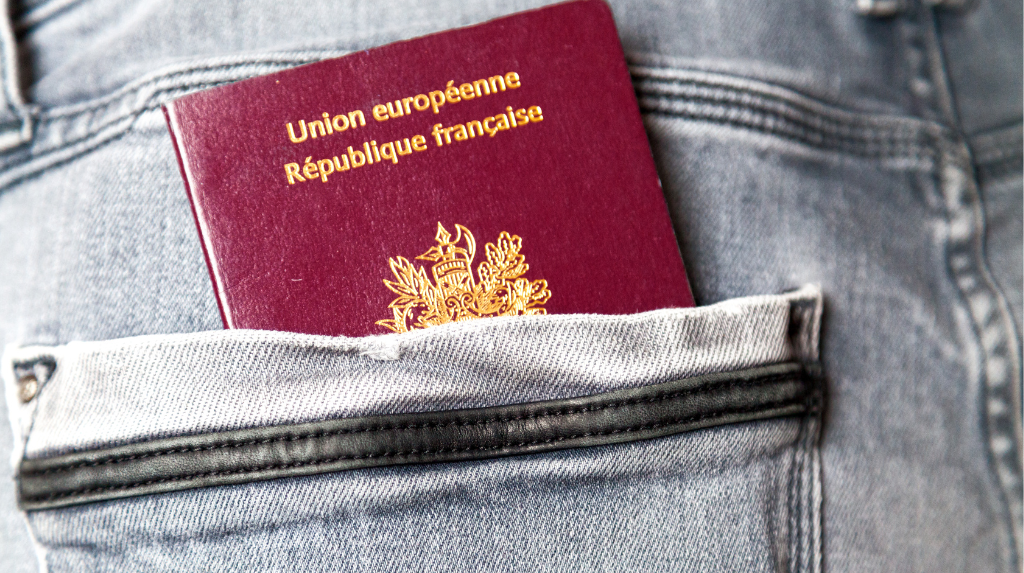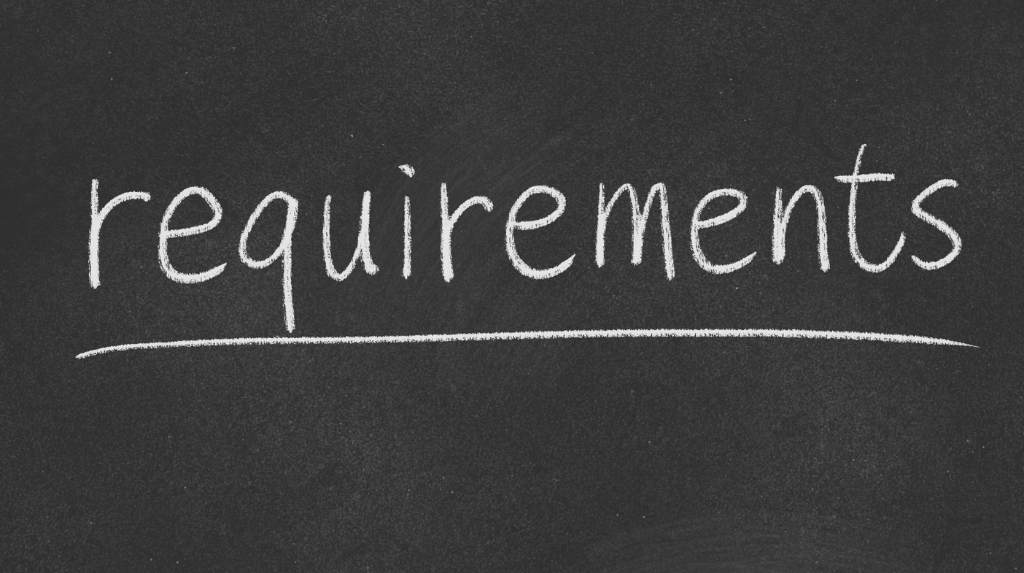Is getting a France visa difficult? In this comprehensive exploration, we will delve into the intricacies of the France visa application process, examining the factors that may contribute to the perceived difficulty and providing insights to help prospective applicants navigate the journey with confidence.
Understanding the Visa Application Process:
To comprehend whether obtaining a France visa is difficult, it’s crucial to first understand the visa application process. France, like many other countries, has a well-defined system with specific requirements for different visa categories. The process generally involves the following key steps:
Determine Visa Type:
Identify the type of visa that corresponds to the purpose and duration of the visit. Categories include short-stay visas (Schengen) for tourism or business and long-stay visas for work, study, family reunification, or other extended stays.
Gather Required Documents:
Compile the necessary supporting documents, which may include a valid passport, visa application form, passport-sized photos, travel itinerary, proof of accommodation, financial statements, and any additional documents specific to the chosen visa category.
Book an Appointment:
Schedule an appointment with the French consulate or embassy for submitting the visa application. Some consulates may allow walk-ins, while others require prior appointments.
Submit the Application:
Attend the appointment and submit the completed visa application form along with the supporting documents. Applicants may also be required to provide biometric data, such as fingerprints.
Pay Visa Fees:
Pay the applicable visa fees, which vary based on the type of visa and the applicant’s age. The fees are typically paid in the local currency and may be subject to change.
Wait for Processing:
Once the application is submitted, applicants must wait for the processing to be completed. Processing times can vary depending on factors such as the type of visa, the consulate’s workload, and individual circumstances.
Collect the Visa:
If the visa application is approved, applicants can collect their visa from the consulate or embassy. In some cases, the visa may be delivered via courier services.
Understanding these steps provides a foundation for evaluating the complexity of the France visa application process.
Factors Influencing the Perceived Difficulty:
Several factors contribute to the perceived difficulty of obtaining a France visa. While the process itself is structured, applicants may find certain aspects challenging due to the following reasons:
Stringent Documentation Requirements:
France, like many Schengen countries, has stringent documentation requirements. Providing comprehensive and accurate documentation is crucial, and failure to meet these requirements may lead to delays or visa denials.
Language Barriers:
The official language for visa applications is often French or English, depending on the consulate or embassy. Applicants who are not fluent in these languages may find it challenging to complete the application form and understand the requirements.
Complex Visa Categories:
Long-stay visas for work, study, or family reunification involve additional complexities compared to short-stay visas. Understanding the specific requirements for each category and ensuring compliance can be challenging.
Financial Criteria:
Financial requirements, such as demonstrating sufficient funds to cover expenses during the stay, can pose challenges for some applicants. Consulates seek assurance that applicants can support themselves without resorting to public funds.
Consulate Workload:
The workload of the French consulate or embassy can impact processing times. During peak travel seasons or when there is an increased number of applications, consular offices may experience delays.
Perception of Stringency:
The perception of France having strict visa policies can contribute to the belief that obtaining a visa is difficult. While the process is designed to ensure compliance with immigration laws, understanding and meeting the requirements can alleviate perceived challenges.
Short-Stay (Schengen) Visas vs. Long-Stay Visas:
One factor influencing the perceived difficulty of obtaining a France visa is the distinction between short-stay (Schengen) visas and long-stay visas. Each category serves different purposes and involves varying requirements:
Short-Stay (Schengen) Visas:
These visas are generally considered more accessible and have a standardized process across Schengen countries. They are suitable for tourism, business trips, or family visits for up to 90 days within a 180-day period. While the requirements are comprehensive, the process is often perceived as more straightforward compared to long-stay visas.
Long-Stay Visas:
Long-stay visas are required for stays exceeding 90 days, such as for work, study, or family reunification. These visas involve a more in-depth evaluation of the applicant’s circumstances and may require additional documentation, contributing to the perception of increased difficulty.
Understanding the nuances between these two visa categories is crucial for prospective applicants to gauge the level of complexity associated with their intended stay.
Tips for a Successful Application:
While the France visa application process may pose challenges, following these tips can enhance the likelihood of a successful outcome:
Start Early:
Initiate the visa application process well in advance of the intended travel dates. This allows time for thorough document preparation and ensures that any unexpected challenges can be addressed.
Understand Visa Requirements:
Familiarize yourself with the specific requirements for the chosen visa category. Consulates provide detailed information on their official websites, and understanding these requirements is essential for a successful application.
Provide Accurate Information:
Complete the visa application form accurately and truthfully. Providing inconsistent or inaccurate information may lead to delays or visa denials.
Submit Comprehensive Documents:
Ensure that all required documents are comprehensive, up-to-date, and meet the consulate’s specifications. This includes proof of accommodation, travel insurance, financial statements, and any additional documents specific to the visa category.
Demonstrate Financial Capacity:
Clearly demonstrate the ability to cover expenses during the stay in France. This includes providing bank statements, proof of employment, or any other relevant financial documentation.
Seek Professional Advice:
If uncertain about any aspect of the application process, consider seeking advice from immigration consultants or legal professionals specializing in visa applications. Professional guidance can offer clarity and increase confidence in the application.
Be Mindful of Consulate Workload:
Consider the workload of the French consulate or embassy when planning the application submission. Applying during peak travel seasons may result in longer processing times.
Language Preparation:
If the visa application requires communication in French or English, ensure that you are adequately prepared. Seek assistance if needed to overcome language barriers.
While the process of obtaining a France visa may appear challenging, it is important to approach it with a systematic and well-prepared mindset. The perceived difficulty often stems from the stringent requirements and the need for careful documentation. By understanding the visa categories, adhering to the guidelines, and seeking professional advice when necessary, applicants can navigate the process with confidence.
France, with its captivating beauty and cultural richness, awaits those who successfully navigate the visa application journey. As prospective travelers embark on this process, a proactive and informed approach will not only enhance their chances of obtaining a visa but also contribute to a positive and rewarding experience in the heart of Europe.
Do you need a French Visa?
Contact our team of skilled immigration lawyers to discuss your visa and immigration needs.
Call us on +234 812 5505 986 or WhatsApp us at +234 818 1547 085 for immediate assistance with your situation. We are available to assist you in person, over the phone, or online.





